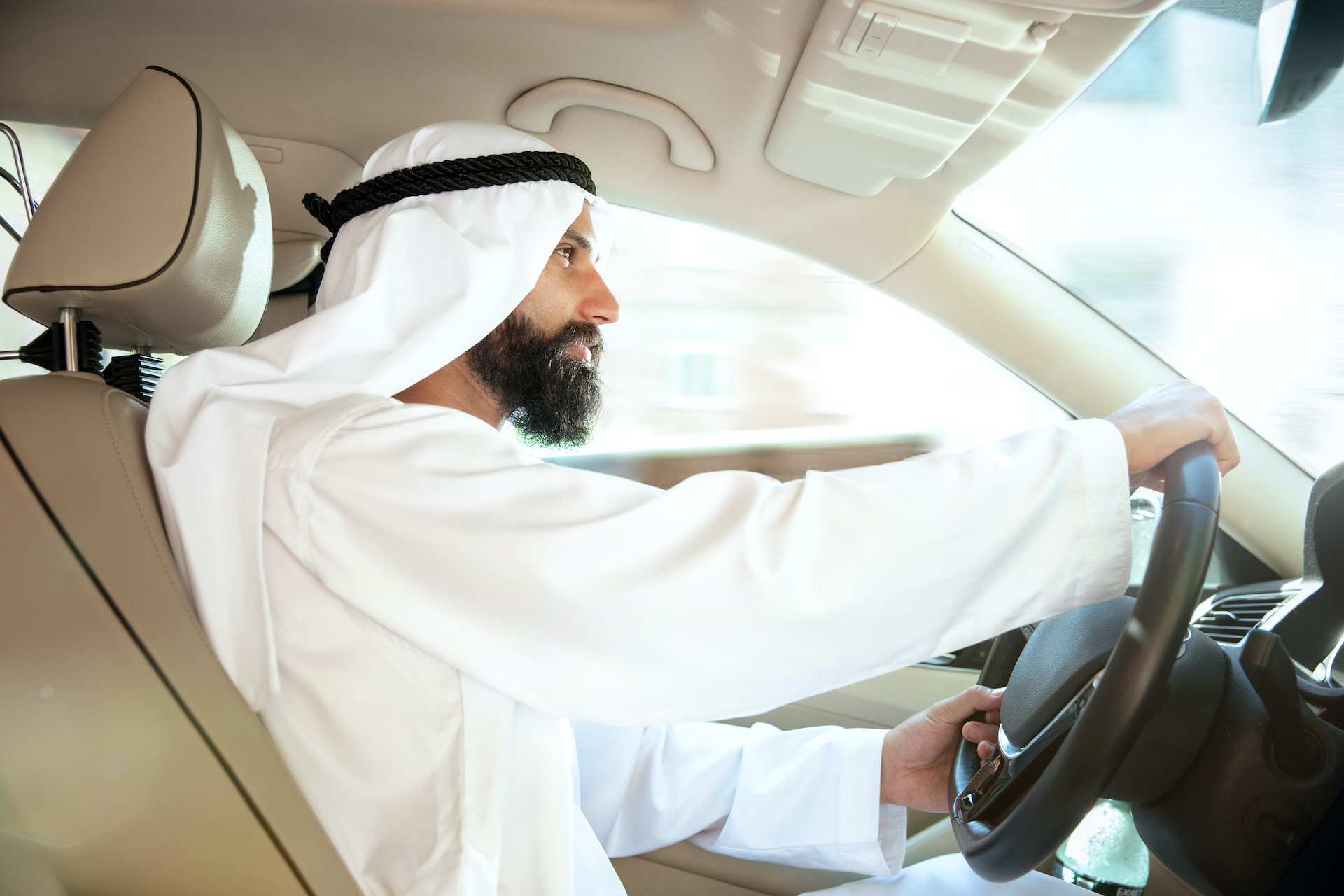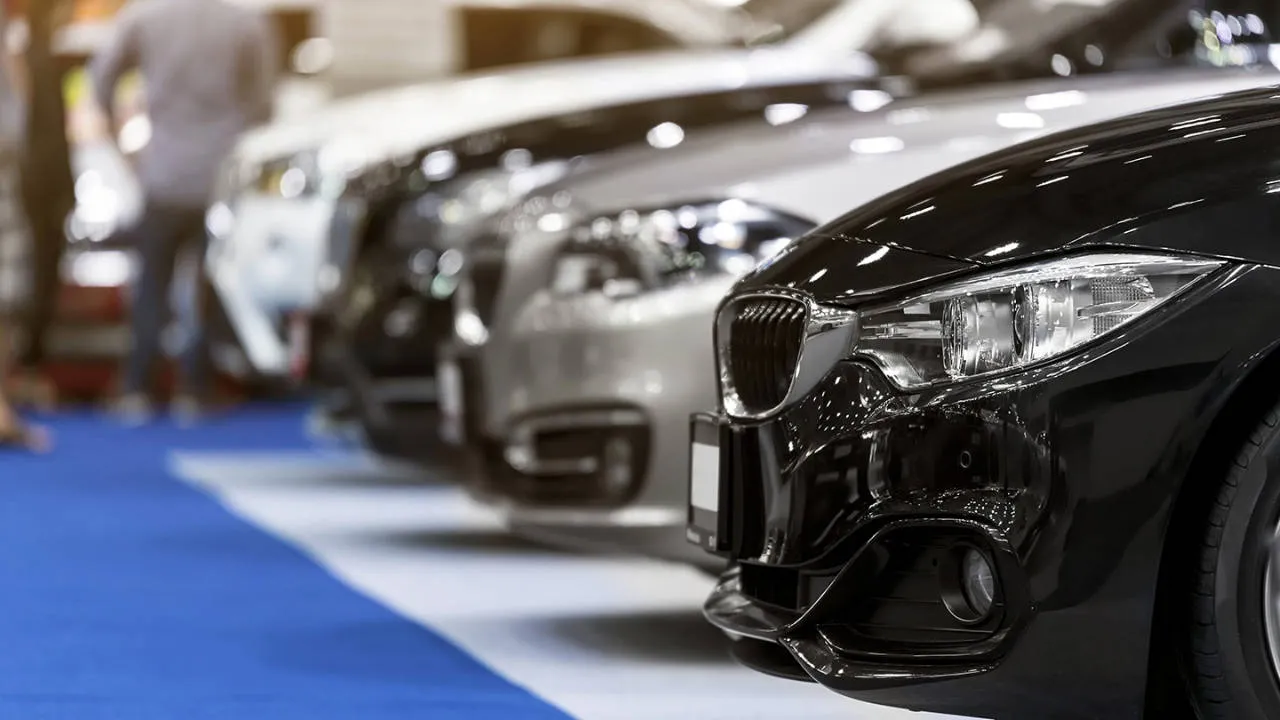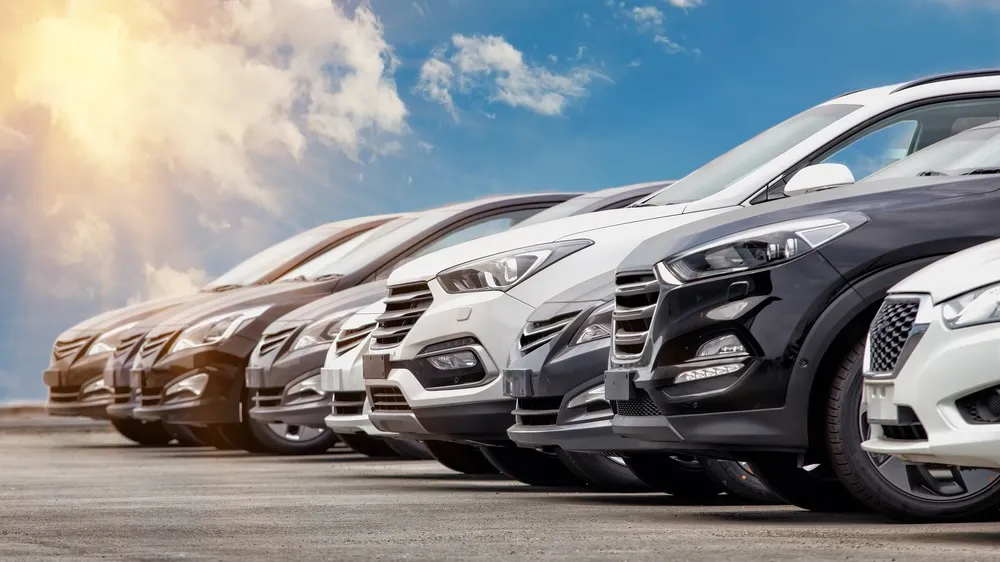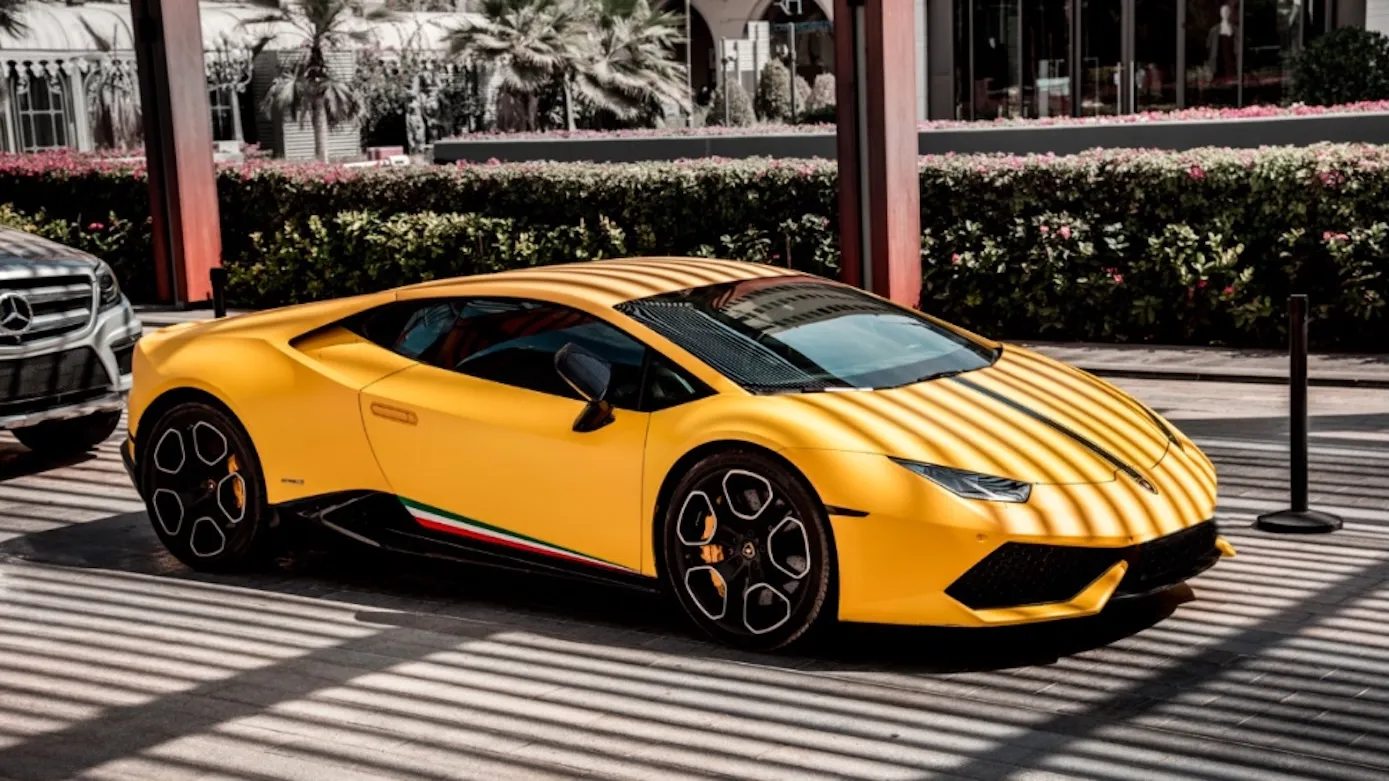How To Reduce Fuel Expenses: Here’s How You Can Save Money On Petrol & Diesel
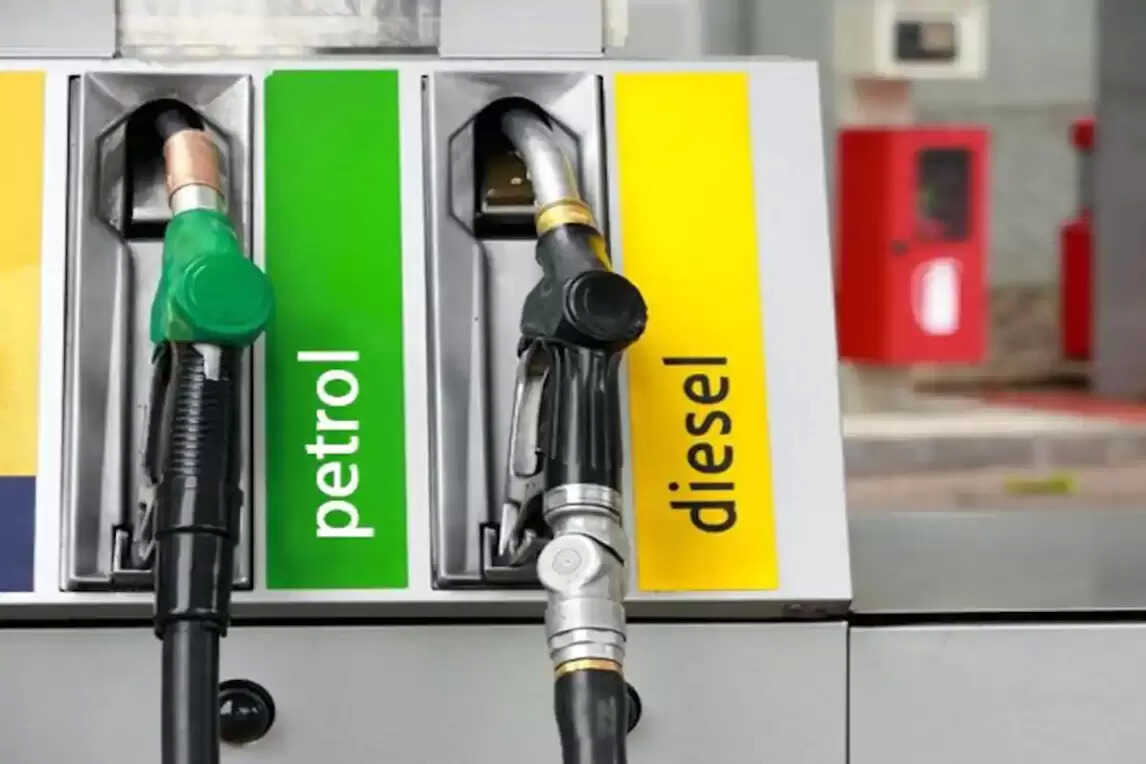
Fuel prices are constantly on the rise across the world. The ongoing conflict between Ukraine and Russia has driven up the price of oil and its effect can be felt across the world. Prices of crude oil are still on an upward spiral, and therefore fuel prices are increasing, including in the UAE.
On January 31, 2023, the UAE Fuel Price Committee announced an increase in the prices of petrol and diesel across the country. A litre of petrol in the UAE now costs Dh2.86 for EPlus 91, Dh 2.93 for Special 95, and Dh3.05 for Super 98. Diesel now costs Dh3.38 per litre.
A price hike of Dh0.27 for petrol and Dh0.09 for diesel certainly isn’t a big leap. However, prices could further increase later this year. In fact, in June 2022, a litre of Super 98 petrol retailed at Dh4.15, which was a 56 per cent increase when compared to prices of January 2022.
All said and done, it is impossible to predict if fuel prices will head north or south later this year. However, what we can do is, take steps to decrease fuel consumption and thereby reduce the expenditure on fuel. Here are a few fuel saving tips and techniques to reduce your expenses.
Air-Conditioning vs Windows Rolled Down: A Balancing Act
This is one of those automotive topics that often turns into a really interesting debate for fuel saving tips. Many claim the air-conditioning system on a car is inefficient and really affects fuel economy while many more claim driving with the windows rolled down is more inefficient. The fact is, both sides of the argument have some truth in them. The devil really is in the detail.
Driving with the windows down is inefficient because it increases drag, thereby decreasing aerodynamic efficiency, in turn consuming more fuel. However, up to a speed of 30km/h, the increase in drag is negligible, therefore, driving with the windows open at these speeds is more efficient.
If the vehicle’s speed is above 30km/h, keeping it cool by using the air conditioner is more efficient. Yet another aspect worth keeping in mind is that most modern cars use electricity to run the air conditioning system as opposed to the belt-driven compressors of the past. This makes it more efficient.
Instead of repeatedly opening and closing the windows depending on the speed, it certainly is more prudent to leave the AC turned on throughout. Given the hot summers in the UAE, this option works best because opening the windows for a couple of minutes in the heat will require the AC to work twice as hard to cool the cabin again after the window is closed.
The Mechanical Condition Of Your Car Does Matter
Be it a car made in the 70s or a car that was manufactured in 2023, they are designed and made in a way that they work at their respective efficient best. However, over a span of time, every car loses some efficiency to general wear and tear, hence periodic maintenance is necessary.
Here is another fuel saving tip. Every part of a car is designed to keep it performing efficiently and it is necessary to keep all of these parts functioning well. Fouling spark plugs can decrease efficiency by a large margin and so can an engine oil that is past its prime. It is suggested to change all necessary parts according to the manufacturer-recommended schedule.
While we are at it, it’s worth mentioning that an incorrect grade of engine oil can drop efficiency massively. Most modern engines are designed with tight clearances and thicker-than-required engine oil can make the engine inefficient while a thinner-than-required grade will most often result in damaged engine internals. The right grade of engine oil for your car is just a search engine query away.
Regularly Check Your Car’s Fuel Economy
A vast majority of motorists in the world do not check the fuel economy of their cars. Knowing the kilometres per litre or miles per gallon figure of your car is of paramount importance to tracking fuel expenditure. Most modern cars have a near-accurate average fuel efficiency and real-time fuel efficiency gauge displayed on the instruments. If your car doesn’t have one of these, the fuel efficiency would have to be calculated manually.
Choose The Right Tyres, Maintain Them & Fill Them Up Regularly
Most motorists do not have a clue about this. But the fact is, tyres play an important role in the fuel saving of your car, or the lack thereof. The logic to this is pretty simple. The higher the friction is, the lower your car’s fuel efficiency will be. The grip produced by a tyre is a direct result of its friction with the road and this simply means, to gain efficiency, some amount of grip would be lost.
To a supercar owner, grip and traction are more important than anything else and hence, fuel efficiency is thrown out of the equation. However, if you own a smaller car, and cornering ability or high-speed capabilities aren’t all too important, you can pick some high-efficiency eco-rated tyres. These tyres are often found on electric vehicles and hybrids.
If in pursuit of efficiency, you must also avoid upsizing your car’s tyres. Wider tyres equal increased grip levels and therefore reduced efficiency. It is for the same reason that you must regularly check and fill the tyres with air. A tyre with lower air levels will have a wider footprint and therefore lower efficiency. Also, wheels that are out of alignment will cause increased friction and reduced efficiency.
Get Rid Of Unnecessary Weight
The engine will have to work harder to move heavier weights and this is why your car’s efficiency increases or decreases with an increase or decrease in weight. A fully loaded car will have lower fuel saving figures than if the car was occupied by just one or two people. Therefore, getting rid of any additional and unnecessary weights in the car including some unnecessary things in the boot certainly helps.
Half Tank or Full Tank?
While reading about all the extra weight in a car, we’re sure not many thought of the fuel in the tank as an extra and unnecessary weight. This is where you have to ask yourself a question. Do you really need a full tank of fuel?
If you are headed out on a roadtrip spanning hundreds of kilometres, yes you need the full tank. However, if you are currently using your car only to commute and your everyday commute doesn’t exceed 60-70 kilometres, chances are, filling up only half of the tank will result in a major increase in efficiency.
This of course is based on the condition that there is a petrol station on the route you use every day and you wouldn’t really have to take a large diversion to fill up.
Does Your Car Really Need Premium Petrol?
Have you ever felt tempted to fill your car up with premium fuel? At one point or another, we all have been enticed to do the same. The word ‘Premium’ gives out an underlying message that it is better and to a large extent, it is true. However, it isn’t better for all cars.
In the UAE, one can choose between EPlus 91, Special 95, and Super 98 petrol. If your car has a fuel tank capacity of 50 litres, it will cost you Dh143, Dh146.5, and Dh152.5 for a full tank of the aforementioned fuels respectively according to the February 2023 fuel prices.
If you drive a car with an engine that is designed for longevity, reliability, and practical everyday usage for hundreds of thousands of kilometres, be it a Nissan Tiida or a Toyota Land Cruiser, EPlus 91 or the Normal grade of fuel will do just great. Most cars do not require a high octane rating fuel.
If you drive a car with a high-compression, high-revving engine, like a Mercedes-AMG, a Lamborghini, or a Ferrari, using high-octane fuels does make a huge difference in its performance. Unless you drive one of these high-performance cars, using normal petrol does reduce your overall fuel expenses by a large margin.
Aerodynamic Hindrances Are Expensive
As aforementioned, driving with the windows open increases aerodynamic drag to an extent where fuel efficiency is reduced. If just the windows play on this aspect to such an extent, imagine driving with aerodynamic hindrances like a roof rack, rooftop tent, rooftop luggage box, etc.
These accessories are sometimes very important and can make life easier when heading out on a roadtrip, a camping trip, or an off-road drive into the unknown. However, unless you use the car only for such occasions, these rooftop accessories are nothing but an aerodynamic hindrance/obstruction which reduces fuel efficiency by up to 16 percent. This pushes up fuel expenses by a large percentage.
Adapt Your Driving Style To Suit
The factor that makes the biggest difference when it comes to an increase or decrease in the fuel efficiency of your car, is your driving style. Frequent and sudden bursts of acceleration and unplanned braking is the biggest cause for a drop in fuel economy. A lighter foot is necessary, both on the brakes and on the throttle. Planned maneuvers make a big difference and can help increase fuel efficiency, thereby reducing expenditure on fuel.
Yet another aspect of one’s driving style that needs to be kept in check is, idling the car while parked. If you park the car and sit in it with the engine turned on, your car is consuming more fuel than you think and this results in increased fuel expenditure. In fact, sitting in a parked car with the engine turned on is outright dangerous and must be avoided at all costs.
Electric Vehicles & Hybrids For The Win
Petrol-electric hybrids have a proven record of returning a higher degree of fuel efficiency. The electric motor works in conjunction with the petrol engine to offer significantly higher fuel efficiency figures when compared to a petrol engine-only car in the same segment.
However, if you want to completely negate your expenses on fuel, you have to go the EV way. There is a massive debate on where electric cars get their electricity from. However, as the end user, if your concern is reducing your expenditure on fuel, electric cars bring your fuel expenses down massively. Charging up your electric car will cost you only about 8-10 percent of your petrol expenses for a similar use case.
Also Read:
– Fuel Prices Are Increasing: Here’s How You Can Save Money On Petrol & Diesel
– This Gas Produced By Vehicles Can Kill You: Here’s How You Can Avoid/Control It
– Mercedes-Benz Is Set To Discontinue Station Wagons, Coupe SUVs, and Coupes




